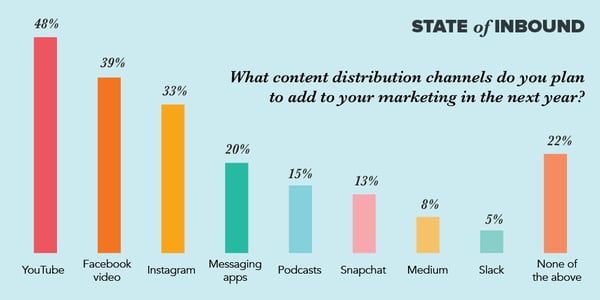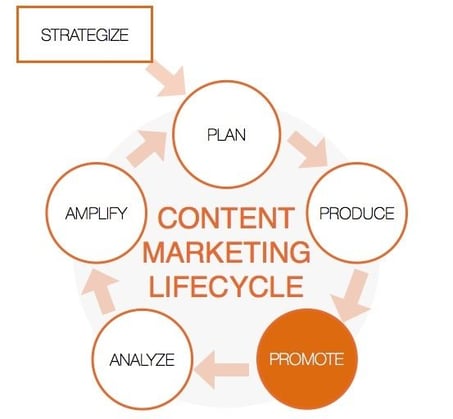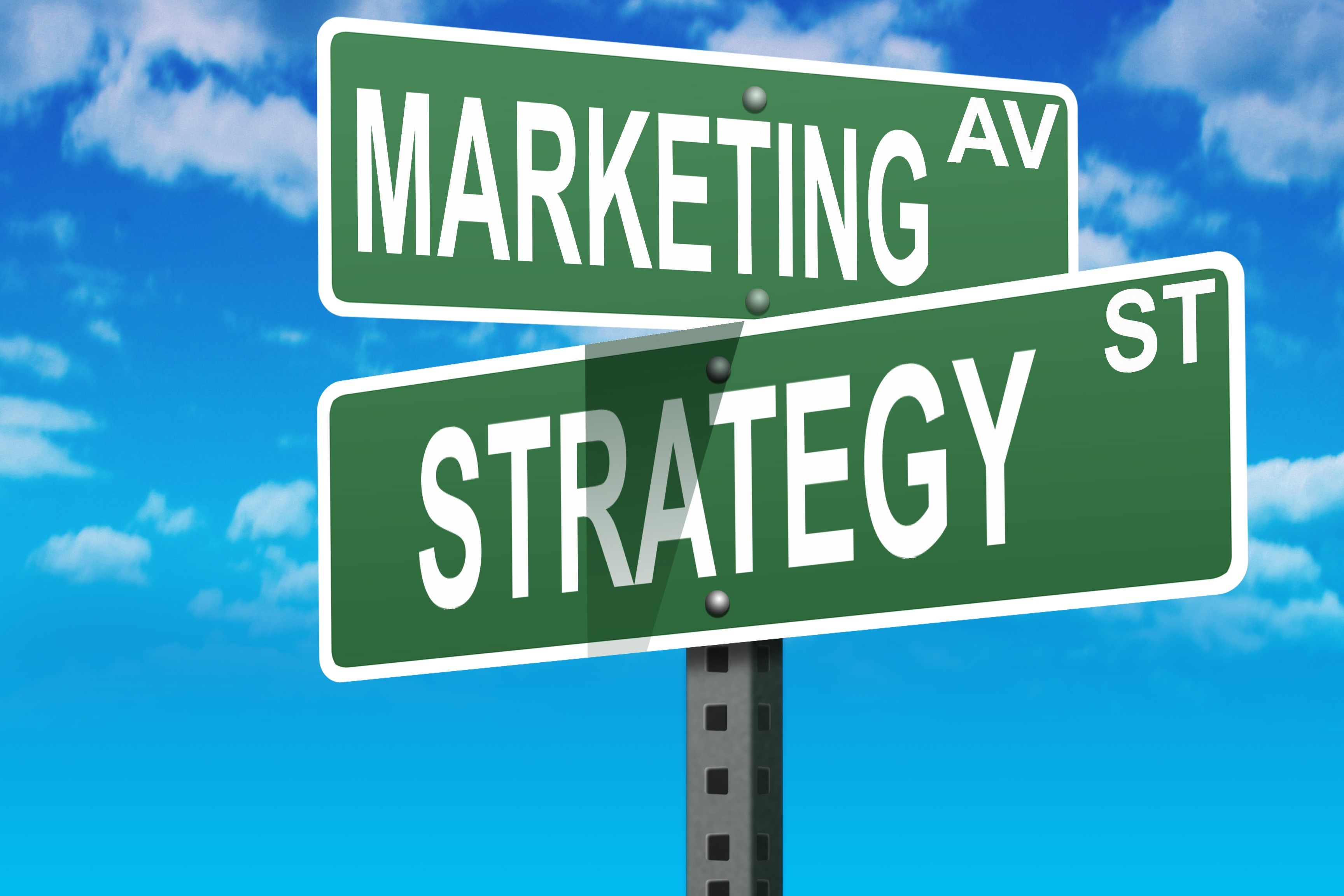
We know a great deal about marketing and it's various aspects and tactics. But why are we doing marketing in the first place? What is the purpose of all of our efforts in marketing?
The answer is simple at first thought: to sell more. Marketing, however, is much more than that. We need to consider a continuum of seven marketing functions to find a proper response to the question of our marketing intent.
Such functions describe all things that form parts of the marketing practice. We're going to take a closer look at the seven major functions of marketing in this article.
Marketing's seven functions are distribution, market research, pricing, finance, product management, promotional channels, and consumer matching.
1. Finding the Best Distribution Channels
Distribution is about how to get the goods or services that you want to sell to the people who want to buy them. It's great to have an idea for a product, but if you can't get it to the customers, you won't make money.
Distribution can be as easy as setting up a shop in the part of a city where your target customers are – but in an increasingly interconnected world, distributing more often than not means taking your products or services to customers.

2. Financing Your Business
It takes money to make money as the saying goes.
As a business owner, finding the money through investments, or loans, or your own personal capital to finance your business and the marketing and advertising of your goods or services is a very important function of marketing.
3. Deep Market Research
The aim of market research is to collect information about your target customers.
Who are the people you would like to sell to? How, in comparison to a competing company, would they buy from you?
For answer these questions, you need to analyze market trends and competing products in your niche.
4. Setting Prices
It can be a challenge to set the right value for your product or service.
If you're pricing it too high, you might lose customers – but if you're pricing it too low, you may be taking money from yourself.
Usually the "right" price comes from trial and error and some work on the marketing research involved.
5. Product and Service Management
Once the target market is decided and the cost of your product or service is set, the goal then becomes to manage the product or service effectively.
It involves listening to consumers, adapting to their wishes and desires and keeping your product up to date with your customers needs and objectives.
6. Promotional Channels
The definition of marketing is common to most business owners. In order to attract new customers and keep existing customers coming back, advertising your products and services continually is very important.
As the landscape shifts, you're going to want to respond appropriately by tailoring your marketing messages to social media, sticking to more traditional channels, or using an old and new blend.
It all depends on where your prospective customers are located and so finding the promotional channels that reach them is also very important.

7. Matching Products to Customers
Although we tend to think that sales and advertising are closely linked to each other, selling is the last on the list of the seven core marketing functions.
This is because sales can only occur after you have established your customer base desires and needs and are able to respond at the right price point and time frame with the right products or services.














